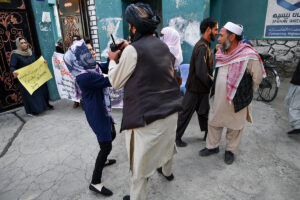Amid mounting challenges, Indian students are rethinking their educational aspirations in the United States. Increasing scrutiny over student visas under the Trump administration is causing a significant shift in the plans of many Indian nationals, who form the largest group of international students in the U.S.
SCOTT DETROW, HOST: Indian nationals dominate the foreign student demographic in the United States. However, recent policy changes, particularly heightened checks on student visas introduced by the Trump administration, are leading many Indian students to reconsider their American educational ambitions. NPR’s Omkar Khandekar brings us insights from Mumbai.
OMKAR KHANDEKAR, BYLINE: For Kaustubh, a 20-year-old engineering student with aspirations in aeronautics, the dream of studying at Stanford University was once vibrant. A visit five years ago left a lasting impression.
KAUSTUBH: “When I saw what kind of life, what kind of, you know, freedom the students over there enjoy, I cannot express the quality of education that you get over there.”
KHANDEKAR: Kaustubh, whose last name is withheld for safety reasons, has worked tirelessly to meet the requirements for a master’s program at Stanford. Despite his high grades and notable internships, he feels thwarted by the U.S.’s stringent immigration policies.
KAUSTUBH: “It’s kind of shattering my dream of studying in the Stanford.”
KHANDEKAR: Many of Kaustubh’s peers echo his concerns. Despite the camaraderie between President Trump and Indian Prime Minister Narendra Modi, the U.S. began deporting Indians who allegedly entered the country illegally and recently suspended new student visa appointments, increasing scrutiny on applicants’ social media.
Sudhanshu Kaushik, executive director of the North American Association of Indian Students, believes the situation reflects broader cultural tensions in the U.S.
SUDHANSHU KAUSHIK: “I think that they want to push as much as possible to make it as homogeneous as they can.”
KHANDEKAR: Economically, this approach seems counterproductive. Indian students contribute over $8 billion annually to the U.S. economy and are integral to the tech sector. Anand Shankar, co-founder of Learners Cortex, notes that some students are prepared to delay their plans until 2028.
ANAND SHANKAR: “They really want this presidency to end.”
KHANDEKAR: Meanwhile, others, like Delhi journalist Nihar Gokhale, have shelved their U.S. education plans. Gokhale’s offer for a Ph.D. program in Massachusetts was rescinded due to funding cuts, illustrating the challenges foreign students face.
NIHAR GOKHALE: “Graduate students and Ph.D. students are the best brains that you can get.”
KHANDEKAR: Gokhale argues that curtailing opportunities for international students could undermine efforts to revitalize the U.S. economy. Omkar Khandekar, NPR News, Mumbai.
Accuracy and availability of NPR transcripts may vary. Transcript text may be revised to correct errors or match updates to audio. Audio on npr.org may be edited after its original broadcast or publication. The authoritative record of NPR’s programming is the audio record.





